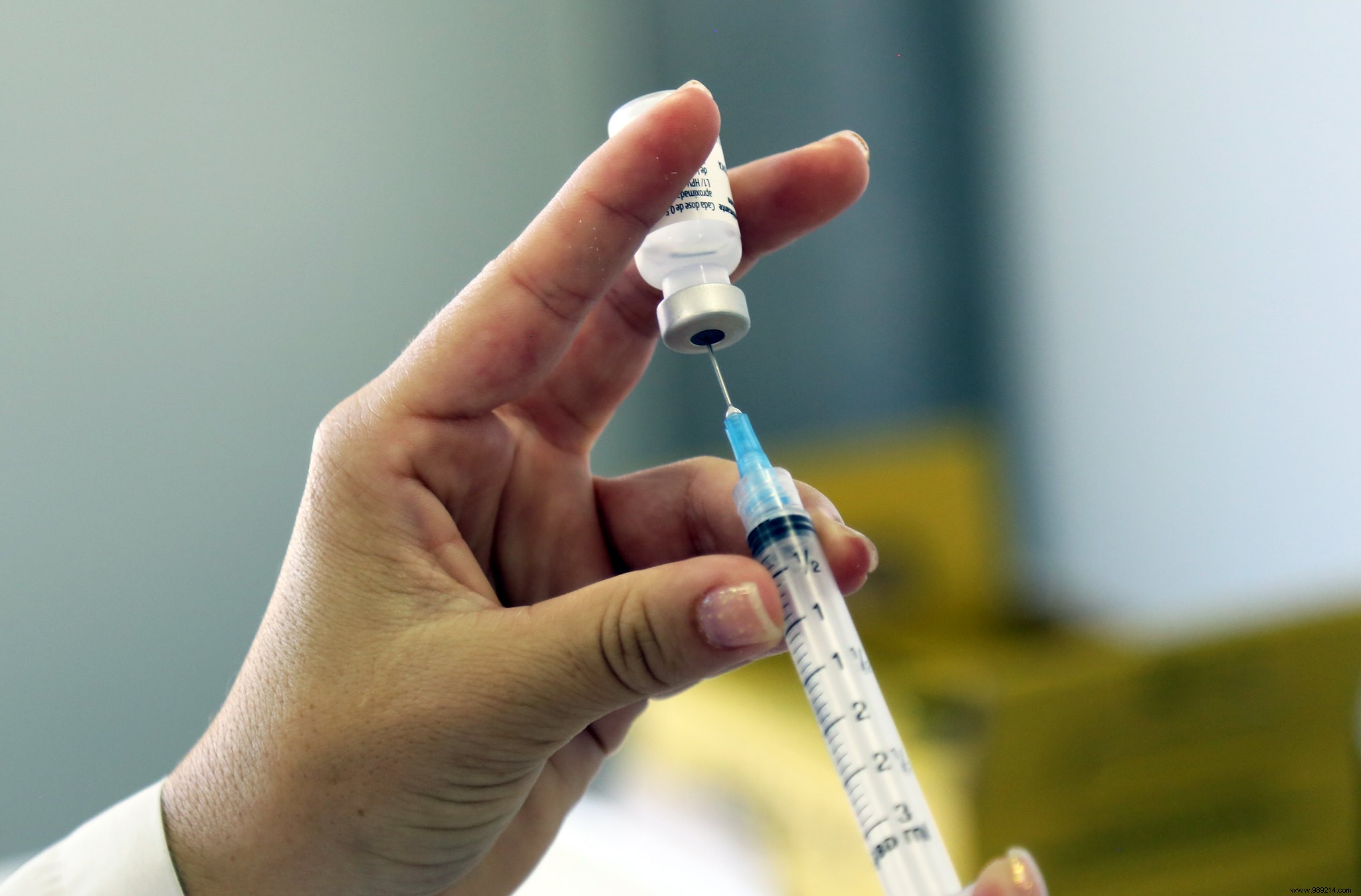The Chinese military has been given the green light to use a vaccine against Covid-19. Developed by the company CanSino Biologics, it has not yet passed phase 3 clinical trials.
China has just approved a vaccine against the SARS-CoV-2 coronavirus, named Ad5-nCoV . Jointly developed by a team from the Academy of Military Medical Sciences, led by Major General Chen Wei, and the Tianjin-based company CanSino Biologics, its use will be restricted to the Chinese military for one year. But is this preventive treatment really effective?
The question does indeed arise. And for good reason, if the Chinese authorities assure that the first data from clinical trials have been sufficiently convincing, the fact is that this vaccine developed by the company CanSinoBio has not yet passed phase 3 of clinical trials .
In other words, the treatment appears safe and appears to induce a relatively high immune response to the antigen (which has been proven in phase I and 2 trials). On the other hand, we do not really know if the vaccine can protect against SARS-CoV-2 infections (which should have been tested during phase 3).
Also, CanSino declined to comment on whether Chinese military personnel would be required to receive the vaccine, or whether the injection would be optional, according to Reuters.

To develop their vaccine, the researchers started from a common strain of adenovirus (type 5). This usually only causes mild upper respiratory tract infections.
The researchers then "engineered" the pathogens, so that they could no longer replicate in human cells. They also got them to develop the signature of SARS-CoV-2:its famous spike protein that allows the virus to take over our cells.
With this approach, therefore, the idea was to present the immune system with a harmless virus, but equipped with the spike protein of SARS-CoV-2, so that it can recognize it in the event of a new intrusion into the body and release neutralizing antibodies.
In a phase 1 safety trial, involving 108 people, the vaccine was therefore shown to be safe, as explained above. In addition, it also stimulated the production of neutralizing antibodies and other immune responses.
However, the study, published in The Lancet , points out that people who had already been infected with Ad5 in the past had a weaker immune response. This could be because their organism quickly recognized the adenovirus, eventually focusing defenses directly on the viral vector, rather than the spike protein.
CanSino also said it has already completed a larger phase 2 trial. However, these results have not yet been published, according to the South China Morning Post .
Also according to this newspaper, it seems that the company has already agreed with the Canadian government to conduct phase 3 trials there. However, no other information on the topic has not circulated yet. Nevertheless, it is imagined that these trials will examine the effectiveness and potential side effects of the vaccine in an even larger group of subjects.